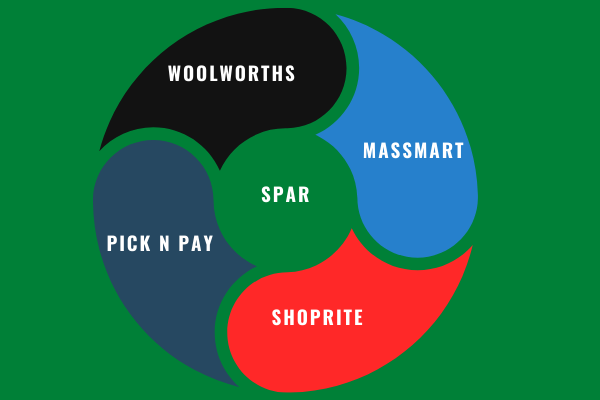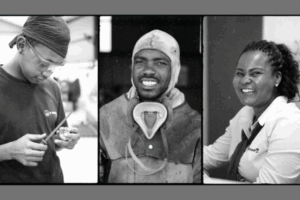Globally, technological and economic changes have affected the retail sector and the potential of trade unions to organise and represent workers. I interviewed Joyfull Mnguni, National Chairperson of Makro Company Council, from the South African Commercial, Catering and Allied Workers Union (SACCAWU), about the biggest challenges for retail workers in the country.
Do you see any changes in your day-to-day life working in retail that are due to new technologies?
Yes, I do see changes since some new technologies have been introduced in our space, and now one must adapt to them.
What are these technologies? Do they make retail work harder or easier? How are they affecting workers?
The meetings through Zoom requires us as workers to have smartphones, tablets, data and more so that we can have Internet access. It is hard for ordinary workers, as many of them were not brought up in that [online] space from the school level.
What has changed about your job in the last 5 to 10 years?
Not much has changed, but training is now done virtually where you cannot engage as well as you would in face-to-face engagements.
How have you seen retail work change over the last 5 to 10 years?
Retail has changed in terms of how we do things, for example, the clocking system (biometrics) that can automatically tell employers when a worker has been late for work four times – an automatic message then gets sent to HR for disciplinary measures.
How have retail workers been positively affected by these changes?
What has been positive about it, is that it has created some new skills that workers must start learning to save their jobs.
How have retail workers been negatively affected by these changes?
Retail work has changed in such a way that employers want to minimise the use of cashiers by introducing mobile cashier scanners and self-service scanner. Most customers are adapting to the introduction of online businesses, and the numbers of walking in customers are dropping off. This means employers have to downsize or restructure their businesses (through section 189 of Labour Relations Act.)
The biggest retailers in South Africa

What are you scared will change in the work environment?
What scares me is that, if workers do not adapt to the new system of using technology in the working environment, they can find themselves without a job at a later stage of their lives (because the worker may have dedicated his life to that working environment). Another concern is that the rate of unemployment in South Africa is very high.
Has staff scheduling affected retail workers?
Yes, it has affected workers. For instance, if a worker is sick and can’t come to work, it becomes a “no work no pay” situation – even with a doctor’s letter. The same applies to family funerals and rituals – a worker can only attend on days off. If you are scheduled to work, you have to work.
Has automation affected retail workers?
Yes, it has. You can already see a bloodbath of jobs in retail affecting the working-class: the likes of Edgars, Masscash (Dion Wired), Massdiscounters (Game), Cambridge and now Masswarehouse (Makro SA) have been issued with lots of restructuring and retrenchments.







